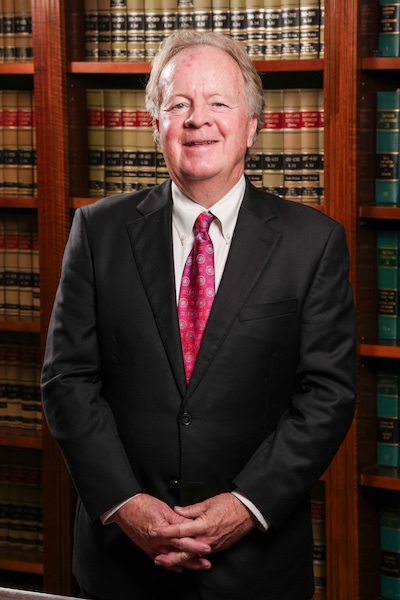 Car and truck accidents are unexpected events and can be highly disorienting. The force of the crash, the sounds of a crash, the smells of a crash, combine to take the victims out of their usual ability to sensibly process information. Injuries can compound this effect, particularly when they include concussion.
Car and truck accidents are unexpected events and can be highly disorienting. The force of the crash, the sounds of a crash, the smells of a crash, combine to take the victims out of their usual ability to sensibly process information. Injuries can compound this effect, particularly when they include concussion.
Yet, the immediate aftermath of a crash is an important time to keep your wits about you or you run the risk of being cheated out of the prospects for fair compensation. Insurance companies are almost always looking for opportunities to shift blame from their at-fault drivers to anyone or anything else.
That is why the accident scene is so very important. At-fault drivers are most penitent right after they have clobbered another driver from behind or have failed to yield right of way. Choruses of " I'm so sorry it's all my fault" often emanate from them only to later be forgotten when the prospect of a claim and increased insurance rates dawns on them.
Also, some at-fault drivers deny their culpability at the scene and stick to their story with their insurer and thus the evidence gathered at the scene right after the crash is vitally important.
Thus five suggestions for things you must do if you are in a car or truck accident.
1). Be safe . Whatever adrenaline-fueled reaction you have after being in an accident be aware that you are at substantial risk right after it occurs. Just as your crash surprised you and the other particpants, so will it be unexpected to other drivers who happen along shortly thereafter. Emergency flashers need to be activated, don't get out of your vehicle if it is unsafe to do so and a call to 911 is imperative to protect yourself and to document how the crash occurred.
2). Don't move your vehicle until the police tell you to do so and do so only if it is safe to. If the positioning of the vehicles after the crash reflect who was at fault make sure you have pictures taken first before moving or at a minimum have the police witness the whereabouts of the vehicles.
3). Pictures are said to speak a thousand words, take many of them. Pictures of the cars positioning immediately after the crash, license plates, at-fault drivers, witnesses, police officers, drivers licenses, vehicle damage, skid marks etc. Their value later is hard to fully anticipate.
4). Get witness information including phone numbers and other contact information. Be polite but insist, if witnesses support your perception of how the crash happened, ask if you can record it on your phone. If a witness is in a hurry to leave and not wait for the police to come ask if you can contact them later and if possible get a picture of their drivers license, vehicle tag and model.
5). Accept medical assistance at the scene. You may not want to go to the hospital but it is the best assurance that your injury claim will not be doubted subsequently. Don't let the surge of adrenaline after the crash delude you into denying the extent of your injury. If you are hurt and really can't go to the hospital at least acknowledge to the ambulance crew the location of your injuries and the fact that you will follow up with a healthcare provider.

